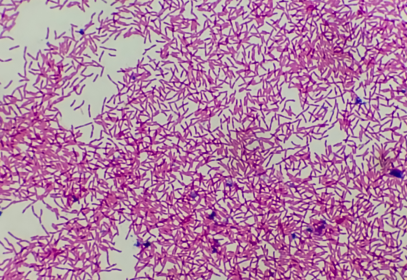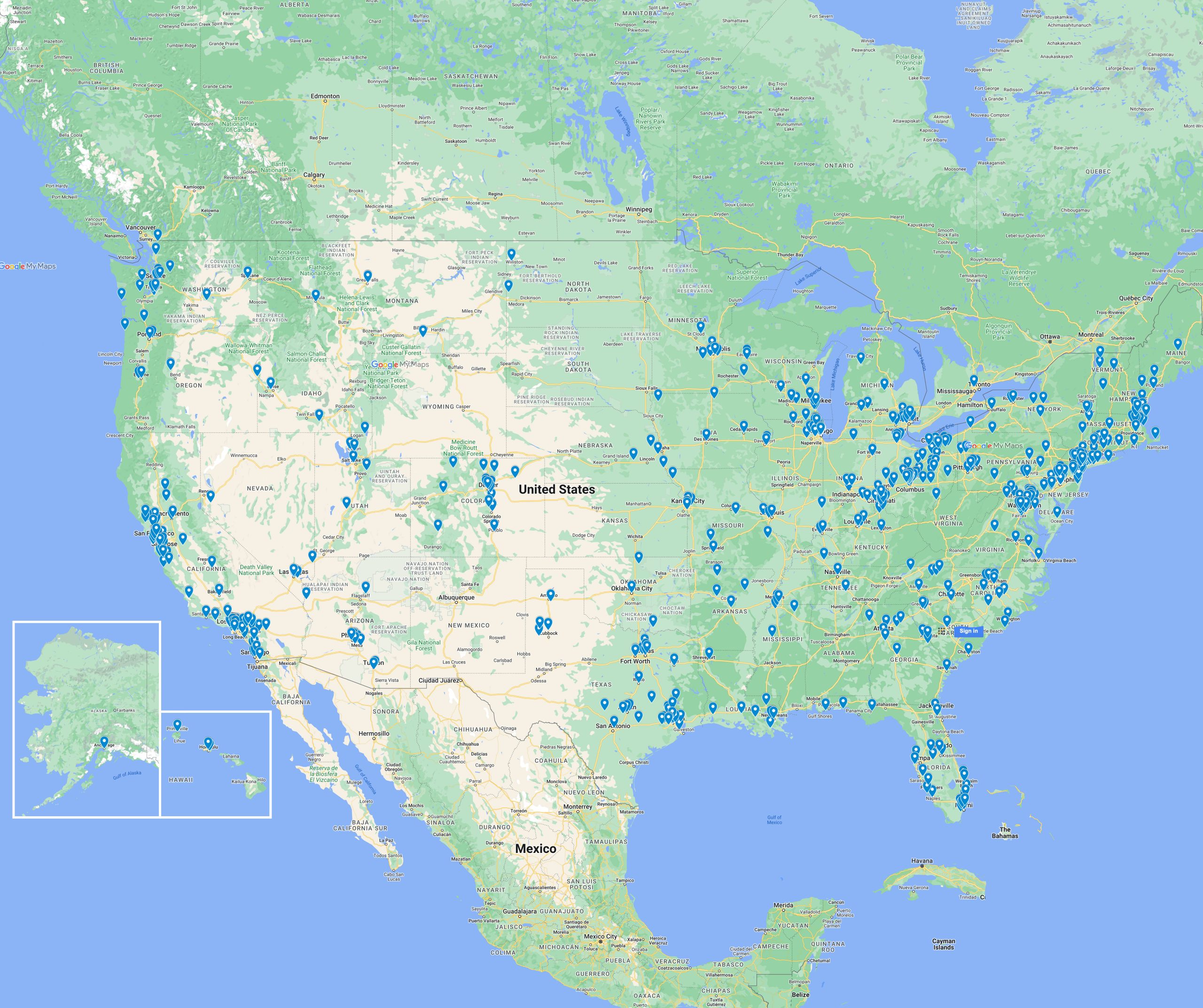
Episode 6: Dietary Supplement Certification
Episode 6: Dietary Supplement Certification
In this episode, we are going to survey the certification programs for dietary supplements and the basic expectations for facilities choosing to undergo certification.
First lets provide context to the certification framework for supplements including GFSI schemes for certification.
Dietary Supplements Differ from Food
As we have reviewed throughout this series, dietary supplements are treated very differently from food in regulation and operational expectations.
The same is true for certification schemes, and it is important to understand the differences in certification standards.
Unlike food certifications in which there are a number of certifying bodies offering equivalent certifications at differing levels, with dietary supplements, we have only one certifying body that has established their cGMP audit as the standard in industry.
In addition to this cGMP standard, there are GFSI-level programs that can be administered by a number of other certifying bodies.
To begin unpacking the certification landscape, we start with the ANSI 455-2 rule book that is commonly referred to as cGMP Audit for dietary supplements performed by NSF.
ANSI 455-2 cGMP Audit
NSF is an international certifying body that operates in many countries, including in the US.
NSF may be contracted to perform a number of different audits, including all GFSI schemes discussed in this episode.
Amongst the audits that NSF performs is the ANSI 455-2 cGMP audit for Dietary Supplements. This audit code is proprietary to NSF, which means that all audits must have the approval and oversight of NSF. These audits are generally accepted as the highest standard in the US for dietary supplements.
That means that any facility wishing to undergo ANSI 455-2 cGMP audit will need the following programs in addition to the requirements discussed in this video series: metal detection or x-ray under most circumstances, validated safety systems, fully traceability of inventory, a HACCP or Preventive Controls Safety Plan, a demonstration of senior management commitment, an improvement program, a culture of quality and safety for supplements, internal auditing, and a fully implemented corrective action and preventive action program.
The individual managing the program on site must also have accredited training for HACCP, or PCQI, internal auditing, and should have training in food defense and food fraud prevention.
GFSI Benchmarked Dietary Supplement Certification
Beyond the ANSI 455-2 cGMP audit, the other options for high level certification of dietary supplements fall under the umbrella of GFSI.
GFSI is the Global Food Safety Initiative, an international organization that publishes requirements for food safety programs;. Certification schemes that adhere to these requirements are benchmarked to GFSI and generally recognized as meeting the highest food safety standards.
Dietary supplements run to the level of GFSI would have the highest commitments to quality and safety, and would be equivalent to the ANSI 455-2 cGMP audit standards.
Each of the major GFSI programs, SQF, BRCGS, and FSSC 22000 all require high standards for dietary supplement programs.
However, SQF is currently the only GFSI scheme that has a specific program for dietary supplements.
SQF Certification for Dietary Supplements
SQF is unique in that this scheme has a specific manual and GMP code, module 17, just for manufacture of dietary supplements. Any SQF program must be managed by an SQF Practitioner, and have full management commitment to uphold the program.
Similar to the requirements for ANSI 455-2 NSF dietary supplements, the SQF program contains the requirements discussed in this video series, in addition to metal detection or x-ray under most circumstances, validated safety systems, fully traceability of inventory, a HACCP or Preventive Controls Safety Plan, senior management commitment, an improvement program, a culture of quality and safety for supplements, internal auditing, and a fully implemented corrective action and preventive action program.
BRCGS Certification for Dietary Supplements
For BRCGS programs, all manufacturing operations are required to meet the clauses found in the Global Standard for Food Manufacturing, and to assure that operations address all of the clauses found in the standard. Since dietary supplements are not treated distinctly from other food within the BRCGS Global Standard, a full quality program will be required in addition to safety requirements.
The previously mentioned requirements for ANSI cGMP audits and SQF audits also apply to BRCGS. BRCGS programs further require quality management systems, including sensory evaluations of all finished products.
FSSC 22000 Certification for Dietary Supplements
For FSSC 22000 programs, no specific dietary supplement category is listed in the current version of the code. Confirmation with a certifying body that a dietary supplement can be audited against this scheme would be necessary prior to scheduling an audit.
For any of the possible categories within the FSSC 22000 audit scheme, the requirements are the same as food manufactures.
Obtain a Copy of the Certification Standard
For all NSF cGMP requirements, as well as SQF, BRCGS and FSSC 22000, Kellerman Consulting videos do not directly address specific requirements for each standard.
Please do not rely solely on our recommended program, and make sure you obtain a copy of the standard you intend to be certified against. For any third party certification scheme, make sure your dietary supplement meets all required clauses within that chosen standard for a successful audit.
Free Manufacturing Master Record Checklist Download
If you would like to discuss having Kellerman Consulting write and implement your food safety and quality management system program, contact us for a free consultation.
Free Dietary Supplement Manufacturing MMR Checklist







